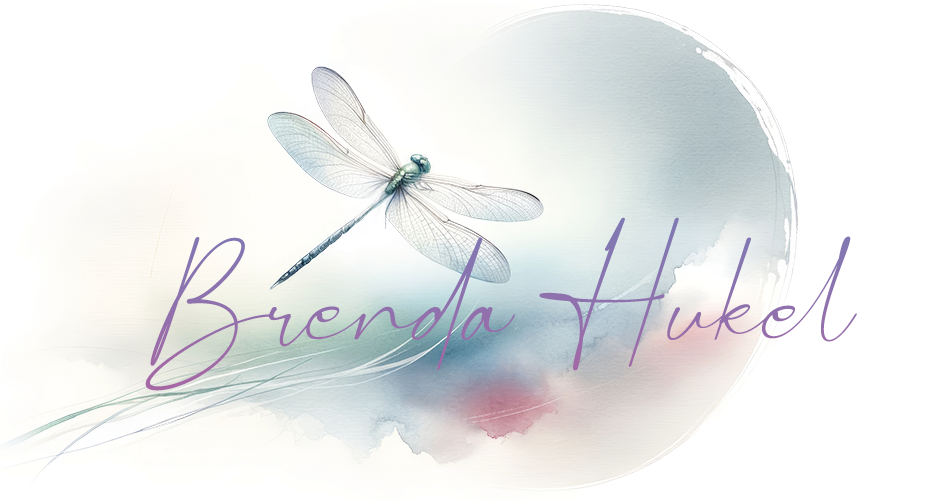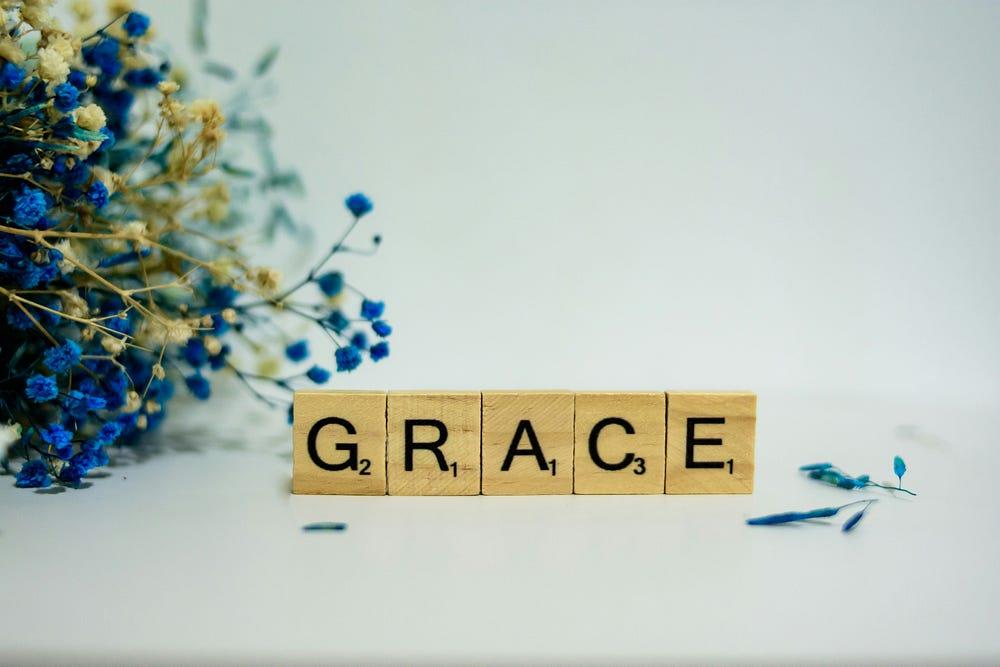Self-Forgiveness. When you read these words, what is your first reaction? Compassion? An eye roll? Perhaps a deep sigh, or maybe curiosity to learn more?
Do you find yourself struggling with the need to forgive yourself? Do you still regret the pain or suffering you may have caused a loved one?
Self-forgiveness can free us from past mistakes or keep us trapped in an endless cycle of negative emotions such as shame, guilt, resentment, anger, and self-blame.
This was one of the most challenging yet critical concepts for my clients to understand. After listening to their heart-wrenching stories, I would gently broach the subject of self-forgiveness.
Yet, I was mostly met with resistance, justification, and deep sorrow as to why they weren’t worthy of releasing the deep pain, shame, and guilt they carried.
Although I understood their challenge, I also understood for them to heal, they had to take full responsibility for their actions, forgive themselves, and understand that…
We are all human. We all make mistakes.
We all deserve forgiveness.
The path to self-forgiveness can be difficult; however, embracing and releasing the self-blame is necessary to begin healing.
To forgive ourselves, we must first acknowledge and take accountability for our mistakes and past actions without letting them define our self-worth.
We need to understand what drove us to those decisions. This doesn’t excuse or justify harmful behavior but recognizes the need for transformation through forgiveness and learning.
Refusing to practice self-forgiveness can have severe psychological effects, such as depression, anxiety, low self-esteem, and social withdrawal, as well as manifest into physical health challenges.
Many spiritual traditions offer different perspectives on forgiveness. For instance, in Christianity, grace emphasizes that we deserve forgiveness despite our shortcomings.
In Buddhism, forgiving ourselves is closely linked to practicing loving-kindness (metta) and compassion (karuna), which helps us feel connected and accepted.
Forgiving ourselves is the direct path to emotional freedom, a healthy mindset, stronger confidence, and the development of meaningful relationships.
It’s a process that can be initiated through various healing modalities, including the ancient Hawaiian healing art of Ho’oponopono.
The Legend of Ho’oponopono
Ho’oponopono is a traditional Hawaiian healing practice that teaches the importance of love and forgiveness to initiate healing.
This powerful method heals deep burdens by resolving conflict, restoring balance, and reestablishing a connection with the Divine.
The term “Ho’oponopono,” meaning “to correct” or “to make right,” comes from the words “ho’o” (to make) and “ponopono” (right).
Morrnah Simeona, a Hawaiian healer and kahuna lapaʻau, learned the Hawaiian customs and healing practices from her parents and grandparents.
In the mid-1900s, she actively preserved Hawaiian practices, including Ho’oponopono. She developed a modern version known as the ‘Self-Identity through Ho’oponopono’ (SITH) method.
This approach emphasized the need for personal responsibility, reconciliation, and forgiveness as requirements for healing.
Dr. Ihaleakala Hew Len, a student of Morrnah Simeona’s work, learned that we are all responsible for problems, and people show up in our lives when we need to heal something deep within ourselves.
When you have an issue with someone, it’s crucial to realize that the problem is not about them but a reflection of yourself. By healing yourself, you also help heal the other person, making self-forgiveness essential.
Dr. Hew Len was a psychologist at the Hawaii State Hospital ward for the criminally insane. These patients were considered extremely dangerous, and the ward was notorious for its challenging conditions.
Dr. Hew Len never followed the traditional medical protocol with the inmates; instead, he applied the Ho’oponopono method.
He would study each inmate’s file and then look within himself to determine how he shared responsibility for creating their illness.
Holding their file in his hands, he consistently repeated the mantra, ‘I’m sorry.’ ‘Please forgive me.’ ‘Thank you.’ ‘I love you.’
As he healed, so did the patients. Several inmates were taken off their medications, while others were released from the ward.
Everything improved, including staff turnover, until the hospital eventually closed because it had only two patients remaining who were transferred to a different institution.
Joe Vitale, a spiritual teacher best known for his appearance in the movie, “The Secret,” and author of “The Attractor Factor,” became fascinated by this legend and later became a dedicated student of Dr. Hew Len.
In 2007, they wrote the book “zerolimits.”
In the book, Dr. Hew Len explains two ways to live life: from memory or inspiration. He describes memories as old programs replaying repeatedly stored in our subconscious mind; inspiration connects with the Divine, the Source, which is considered the zero state—a place where blessings in our health, wealth, and peace flow effortlessly.
This is what the Ho’oponopono healing practice does; it neutralizes and releases all the energy stored in our beliefs and programs. Once this energy is released, you return to zero, which is similar to what Buddhists call the Void — a space where, when filled with Divinity, light and energy flow freely. This is when profound healing and miracles occur.
Consistently performing this practice returns you to the state of love, enabling healing on all levels.
Ho’oponopono Healing Practice
To experience rapid healing and release deep emotions, follow these two steps:
Step 1:
Quiet your mind by getting into a meditative state. Focus on the issue or conflict you wish to resolve within yourself or with someone else.
Step 2:
As you focus on the issue or person, recite, with emotion, ‘I’m sorry.’ ‘Please forgive me.’ ‘Thank you.’ ‘I love you.’ Continue this process until you feel a shift in consciousness (e.g., emotional or physical sensation).
I’m Sorry means you’re sorry that you’ve been projecting these emotions onto others and yourself.
Please Forgive Me means you seek forgiveness from a higher power or yourself for holding onto these toxic emotions.
Thank You means you’re expressing gratitude for the chance to heal.
I love you means you affirm love and connection with a higher power and allow the miracles to unfold.



0 Comments